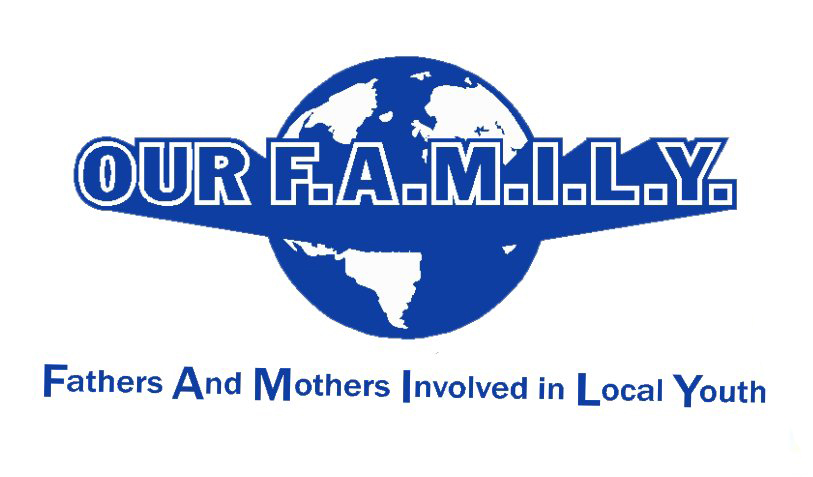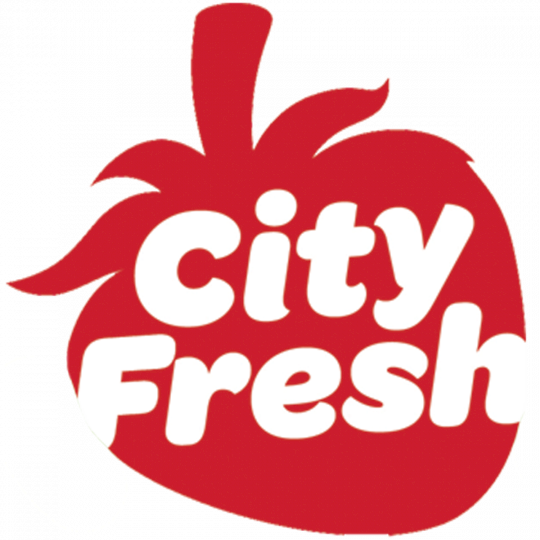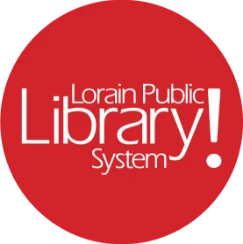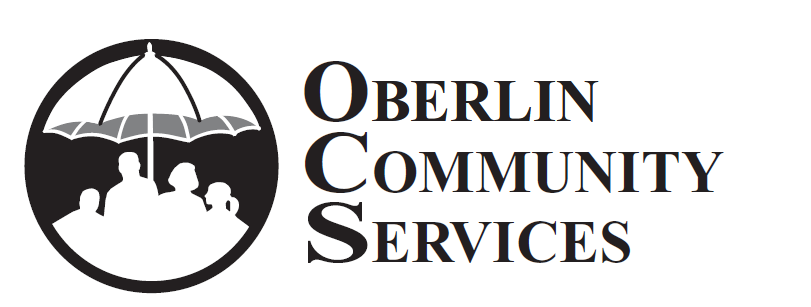Congratulations to the Youth Climate Action Fund Awardees!
Youth Climate Action Fund 2nd Round Awardees:

OUR Family
Project: Build-a-Bed, Feed a Family Community Garden Initiative
Legion Garden aims to expand sustainable garden practice beyond the current location at 425 South Professor. Facilitating the development of home gardens will grow a network of neighbors helping neighbors to gain the skills and confidence to feed their families with fresh produce from their own backyard. A returning youth Leader suggested a new Legion Garden Initiative titled Build-a-Bed, Feed a Family which aims to increase access to organic fresh food for Oberlin community members by providing them with a space to grow food in their own backyard. Our three youth leaders will construct raised beds and deliver them to those households who do not have the resources to start a garden of their own. Raised beds don’t require altering the existing landscape and their height makes them more accessible than a traditional garden. Youth leaders will install the raised beds and provide garden soil and tools. Youth leaders will also show recipients gardening techniques to ensure they get the best harvest possible.
Joining Forces
Project: Trash to Treasure
Whether at the airport, home, park, school, work, in the community or other locations, trash is a normal part of everyday life. Many people don’t think about it in that manner and recognize “trash as being trash”, without recognizing that it can be turned into a product and resalable items. We will take youth/young adults on a field trip to tour a recycle plant to understand the importance of recycling and give them an upfront and personal experience. Most young people are unaware how trash can be recycled and made into clothing, other usable materials or items they may be using. We will have a competition for youth/young adults to come up with projects they will create by using trash and turning it into a treasure. They can do this by artistic expressions, a masterpiece of art, or a unique project they come up with. It is crucial to implement this project now because we are running out of land and places to put trash, which are affecting not only land, but species in the water. Provide youth/young adults with small recycle trash cans to begin the recycling process. Supporting the use of recycled materials is important to ensuring the success of recycling programs. Using recycled materials is known as closing the loop. When recycled materials are in demand, a stable market is created, causing the cost of the recycled materials to be competitive or lower than their counterparts made with virgin materials. The use of recycled materials also reduces the need to extract or harvest virgin raw materials and natural resources, thereby saving energy and reducing air and water pollution. We want to teach the youth in the community about “Close the Loop’ and Open loop recycling which refers to recycling a product into a different product.

Community Foundation
Project: YOUth Can Save the Planet Summit
This Summit is a dynamic event for 8th – 12th graders in Lorain County to explore the local impacts of climate change, connect with peers, and discover actionable steps to drive change. Guided by the United Nations’ Sustainable Development Goals (SDGs), particularly goals 13: Climate Action, the Youth Fund of the Community Foundation of Lorain County created this summit to empower young leaders, amplify youth advocacy and foster meaningful support for sustainability efforts. By elevating youth voices, the summit aims to sustain critical conversations on environmental protection, transform eco-anxiety into action and address the pressing needs of our community for a healthier more sustainable future.

City Fresh
Project: Youth for Environmental and Food Justice in Oberlin
City Fresh, a nonprofit local foods and sustainable agriculture education program, will engage youth ages 15-24 in a food justice project at George Jones Farm, a working farm and wetlands conservation program. In two of the four hoop houses and in raised beds and gardens throughout the property, participants will help sow, maintain and harvest foods such as turnips, garlic, onion, radishes, tomatoes, edible flowers greens, raspberries, grapes, pears and more using regenerative agriculture methods. They will explore the topics of soil health, the water cycle, companion planting, welcoming pollinators, native and invasive species and carbon capture all in the context of environmental and food justice. They will have the opportunity to taste and keep what they have grown and also contribute produce through the City Fresh farm box program which includes numerous free and reduced shares through the nutrition incentive programs. Extra produce will be donated to the OCS food pantry.

Lorain Public Library System
Project: Urban Agriculture Initiative: Fruit Tree Expansion Project
The overall vision of the LPLS Urban Farm is to support sustainable agriculture in Lorain and inspire an interest in agriculture and food justice. The expansion of this project will further utilize existing property as productive, educational, and aesthetically pleasing community space. Upon the entrance of the LPLS South parking lot, we aim to plant two rows of 4 apple trees using a mixed variety, and another cluster of 3 self-pollinating pear trees on the other side of the pull-through. This space offers plenty of sunlight with room for large community gatherings. In the hot summers, we expect the taller canopy trees to fill in providing plenty of shade, though still allowing enough sunlight for the trees below. Additionally, we will also include 4 elder/serviceberry trees in the back wood line, contributing to a natural understory grove. This project seeks to address the recognized community need for fresh produce that is healthy, nutritious, and locally sourced. The current urban farm helps address food scarcity and food apartheid, helping to counteract limited access to affordable and nutritious foods in Lorain by accessing the resources to begin producing it themselves. The Urban Farm also helps to strengthen the library’s culinary literacy initiative by providing community access to free and sustainable produce, of which the fruit trees will naturally help supplement over time. In partnership with LCCC’s Sustainable Agriculture Program, Cheri Heffernan and urban farmer/SAGR alum Valerie Conrad will help lead conversations on topics such as how to best prepare certain meals, or discussions on nutritional management. Moreover, featuring this locally grown produce in adult and youth programming enables the library to educate the community on the health benefits of fresh produce, including reducing the risk of diabetes, cardiovascular disease, etc., improving the overall health of our city.

Common Ground
Project: Healing Garden Education Event and Native Plant Raffle
The main goal of the event is to bring educational awareness to residents of Lorain County of the importance of native plantings in our communities. There will be a showcase of the current progress of the Common Ground’s new healing garden plot with educational material present for attendees interested in learning more. Two youth leaders will be responsible for the dissemination of the educational materials. There will be a free raffle for all for native plants. The project youth leads will discuss plant’s value in supporting biodiversity and how to care for the plants in a home garden.

Maple Ecological Education Learning Center at Shagbark Haven
Project: Oberlin Sugaring for the Future
This project unites a team of Oberlin students, OC alumni living in Oberlin, and members of the larger, learning communities through Oberlin Public Schools (elementary, middle, and high) and Kendal and as they, together, commit to plant mature, deer resistant, maple trees (species suited to the changing climate) to replace current dying and compromised age old trees. It should be noted that the four sugar groves (Chance Creek, Shagbark Haven, Tappan Square, and community homes)all reside in Lorain County. Further, new placement for trees is now available on tracts of land where buckthorn removal by young people now reveals a desolate soil that requires attention. Maple Trees and proper soil amendments can address a substantial (about ⅓one half of an acre) desolation. Notably, the ten trees will contribute significantly to sustainability above ground where, according to the Arbor Foundation, one mature tree captures 48 pounds of carbon annually. Combined, the trees will capture nearly 500 pounds annually.

Oberlin Community Services
Project: Orchard Street Garden Collective
The project is focused on engaging youth on Orchard Street to grow food to donate to the Oberlin Community Service’s food pantry. Orchard Street will be seen as one continuous stretch of ecosystem, rather than isolated plots of land. The youth lead will learn to think holistically about the arrangement of pollinator gardens, fruit trees and vegetable garden plots. The lead will engage the youth in the neighborhood, educate them and help get them excited about local climate solutions and ultimately leave them with the tools to continue gardening in their own yards. Neighbors with sunny lawns and an interest will receive support to build garden beds, pollinator gardens and fruit trees. Residents will be able to participate equal to their interest and be supported by youth in the work. The food production will be tailored to the needs of the Oberlin food pantry at OCS. Expected outcomes of the project are agricultural production, ecological restoration and community building.
Youth Climate Action Fund 1st Round Awardees:

OUR Family
Project: Youth Environmental Learning Program
Developing an environmental learning center as part of a community garden. A space for families and children to explore the impacts of climate change on local ecosystems and learning how to adapt outdoor spaces.

City Fresh
Project: Sustainable Agriculture Learning Garden
The learning garden will be a centerpiece of the farm facility and will offer a focused area to demonstrate sustainable agriculture concepts for school trips, college classes and community volunteer events.

Common Ground
Project: Vermilion River Erosion Mitigation
Youth volunteers will work to shore up the embankment of the river for the trails that run through the youth camp. This will enable more youth to continue to learn about the natural world they live in through camp experiences and how the changing climate is impacting their physical world directly.

Common Ground
Project: Healing Garden Renewal for Horticultural Education
Youth campers will help develop this native garden which will help teach campers about native plants and native landscaping as well as indigenous pollinators. Campers will learn the medicinal properties of local plants and the balance necessary for a healthy ecosystem.

MAD Factory
Project: Mad Factory Goes Green
The project will both bring about awareness of waste issues created at a community theater and ways to mitigate the amount being created. Additionally the group will work with the youth theater participants to perform plays that education other youth about climate change in their communities.
Joining Forces
Project: Climbing Above the Clouds
Climbing Above the Clouds is a group that works with youth in trauma. Climate change is exacerbating the trauma they experience. The group will purchase youth appropriate books and peers will support peers in reading and discussing books related to trauma and the changing climate.

Oberlin Community Services
Project: Farm to Fork Youth Education Program
Youth will redesign an exisiting playground space into an environmental outdoor classroom with pollinator/climate imact art, and large group art easels to be used with a city pollinator meadow. This will be completed in an impoverished community in downtown Lorain.

ACES Lorain County
Project: Youth Pollinating Communities to increase Climate Resilience
Youth will redesign an existing playground space into an environmental outdoor classroom with pollinator/climate impact art, and large group art easels to be used with a city pollinator meadow. This will be completed in an impoverished community in downtown Lorain.
